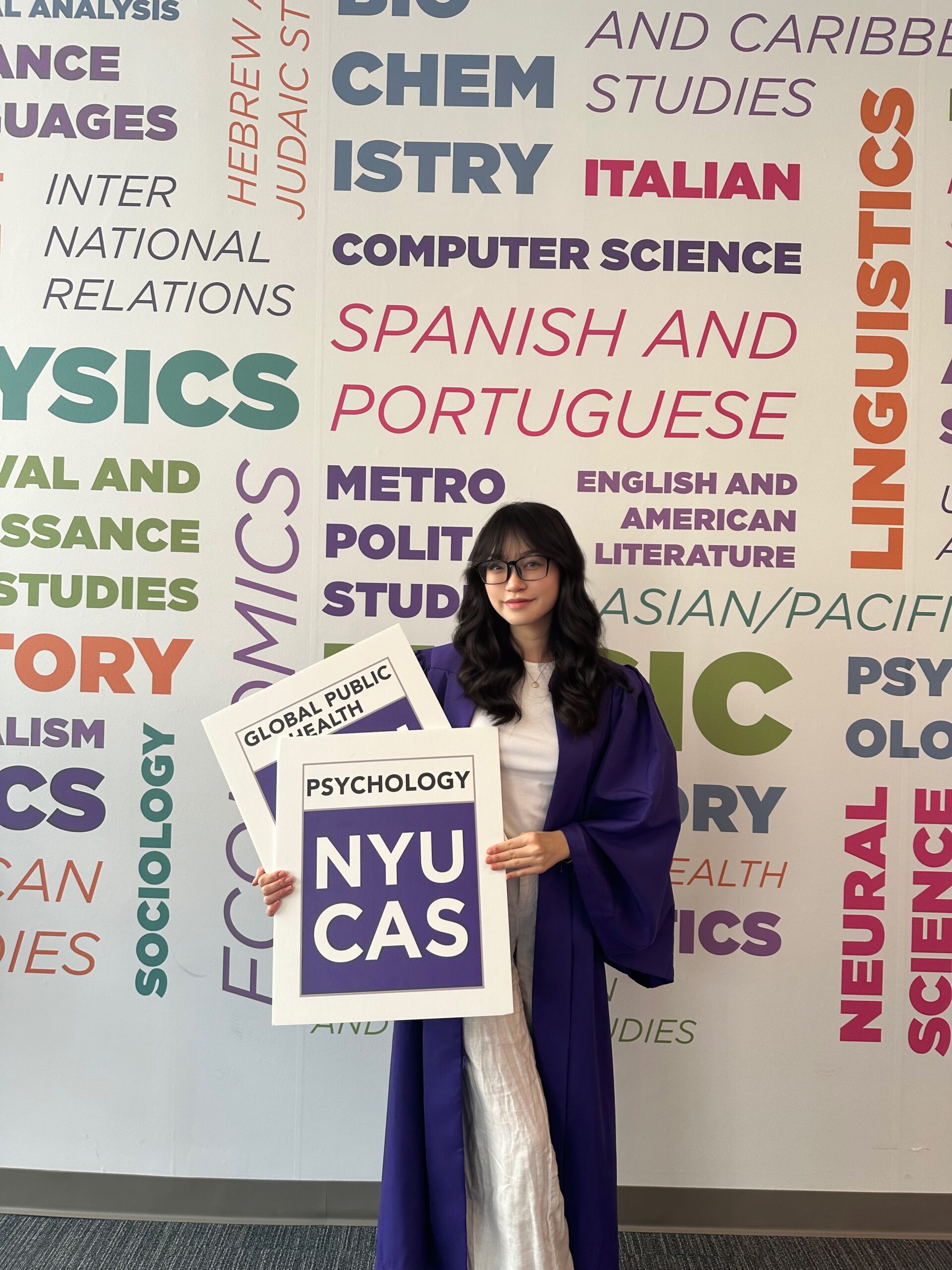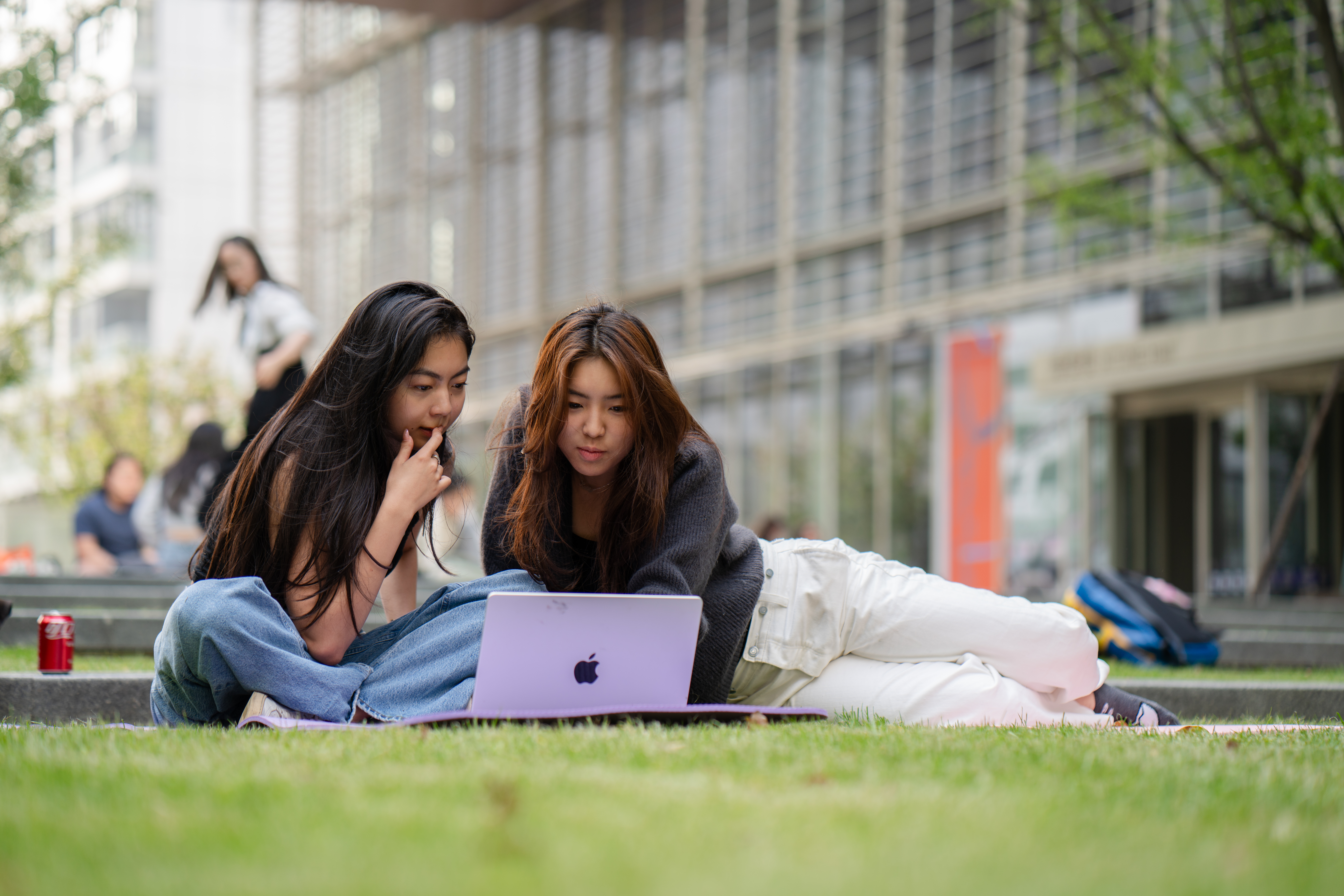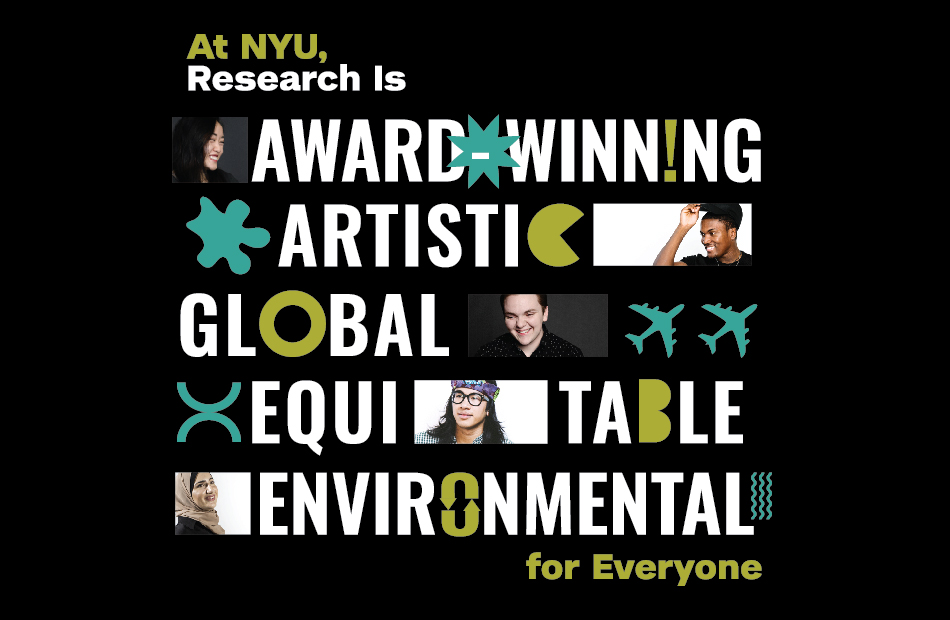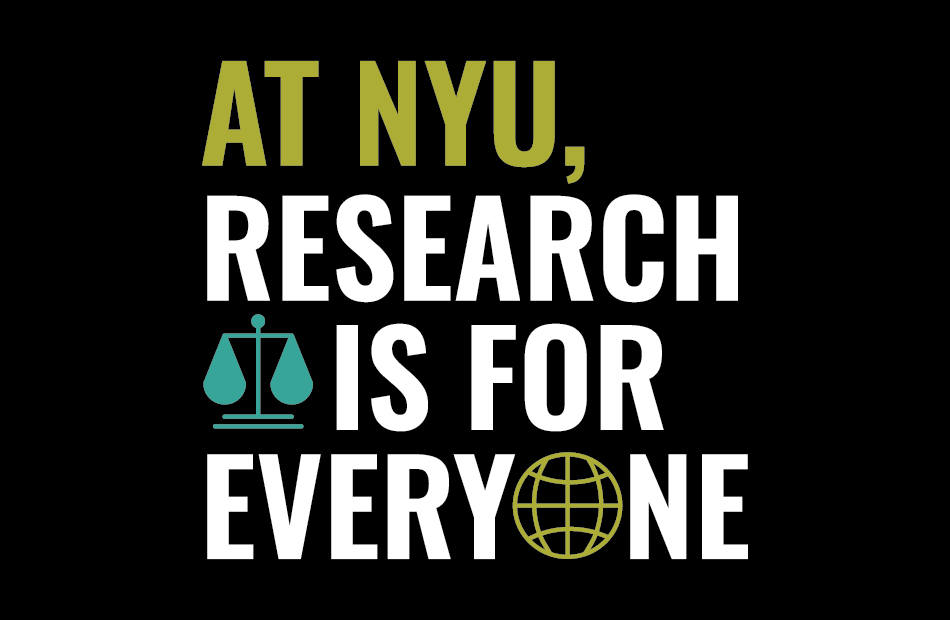
At NYU, you’ll have research opportunities that advance your field—and the world. Students across all disciplines and majors employ research to create groundbreaking knowledge that impacts science, humanity, and society. What’s more, the process is a core part of all academic inquiry whether your field is film studies, politics, or hospitality.
Interested in making an impact through your research? Here are a few examples of students who are using research to make the world a better, more inclusive place.
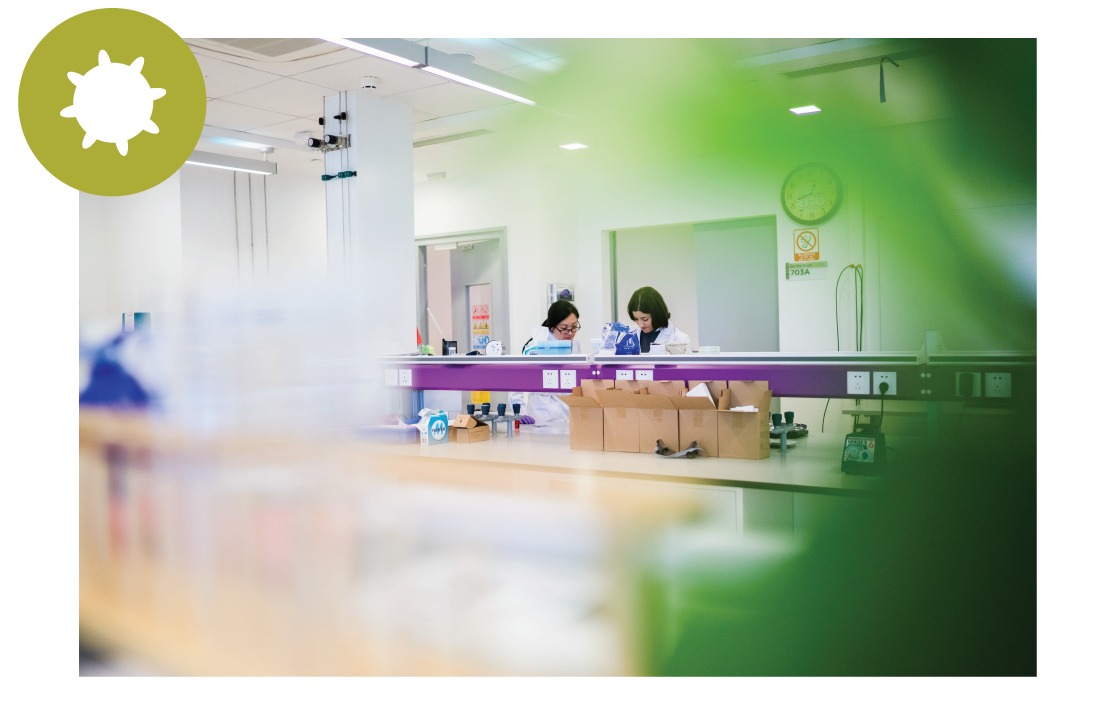
How a Future Physician–Scientist Gained Foundational Lab Skills
Rebecca Ronnen is a Neural Science major at the College of Arts and Sciences. Her research focuses on glioblastoma, an aggressive form of brain cancer. She asks the question: How does glioblastoma take advantage of calcium signals to drive tumor growth? The median survival for diagnosed patients is 14.6 months. By learning how cancer cells employ electrical connections using calcium to incite their own growth, researchers may discover ways to reduce their ability to invade healthy brains.
As a first-year student, Rebecca was curious how research might be part of her future as a doctor. “I was interested in gaining hands-on experience in neuroscience and oncology,” she explains. She discovered an opportunity to pursue an independent research project at the Placantonakis Laboratory at NYU Langone Health. There, she seized the chance to be mentored by and work alongside the lab’s doctors and postgraduate student researchers.
“When I initially stepped into the lab, I had almost no technical skills,” Rebecca recalls. “I had learned about techniques in the abstract through my foundational science courses, but performing experiments requires a more nuanced understanding of the underlying biology.”
The team trained her on techniques such as how to culture cells. Over time, she learned to plan experiments, troubleshoot, and evaluate her data. Almost three years later, the experience has transformed her outlook.
“I did not anticipate how important research would become to me,” Rebecca shares. “I now want to become a physician–scientist so that I can spend a significant amount of my career doing research in addition to patient care. Spearheading my own project, overcoming failed experiments, refining my technical skills, and learning to think creatively has helped me grow into a more flexible and resilient scientist and person.”
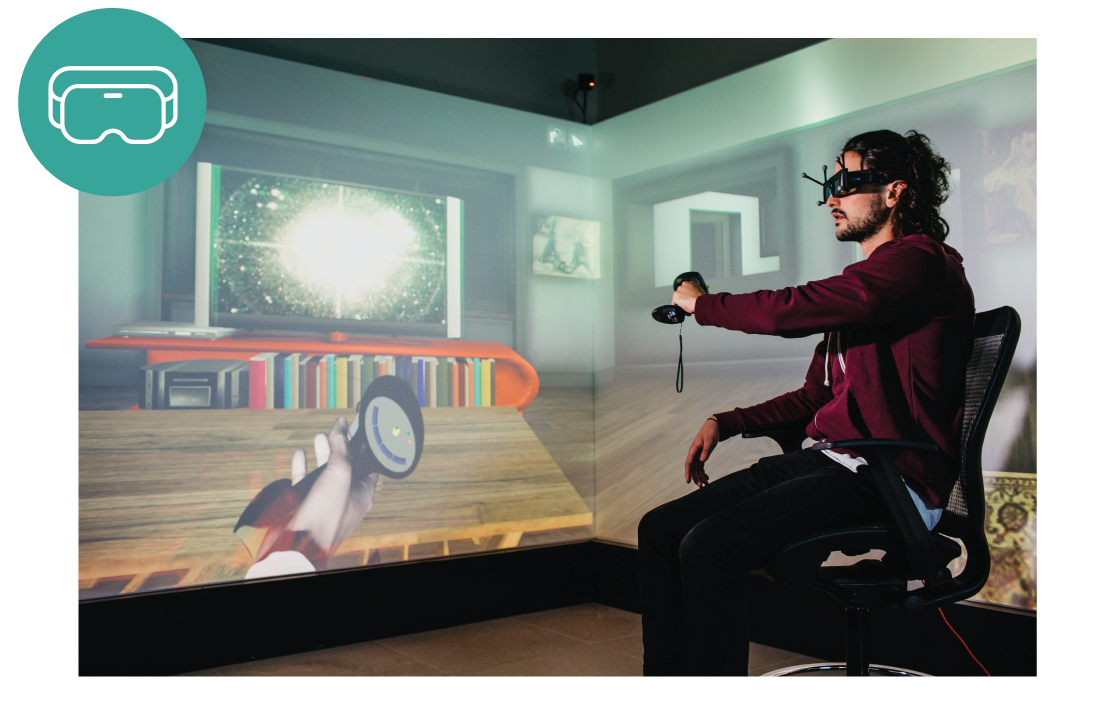
Build an Inclusive Space for Blind People
Joanna Ibrahim, a Chemical and Biomolecular Engineering major at the NYU Tandon School of Engineering, and a team of fellow students recreated an NYU facility in a virtual reality (VR) environment to test how inclusive design can improve mobility. Using a VR headset to test their redesign, the team demonstrated significant improvements. “This project taught me how to collaborate, conduct proper literature reviews, and reach out to other researchers and experts,” Joanna says.
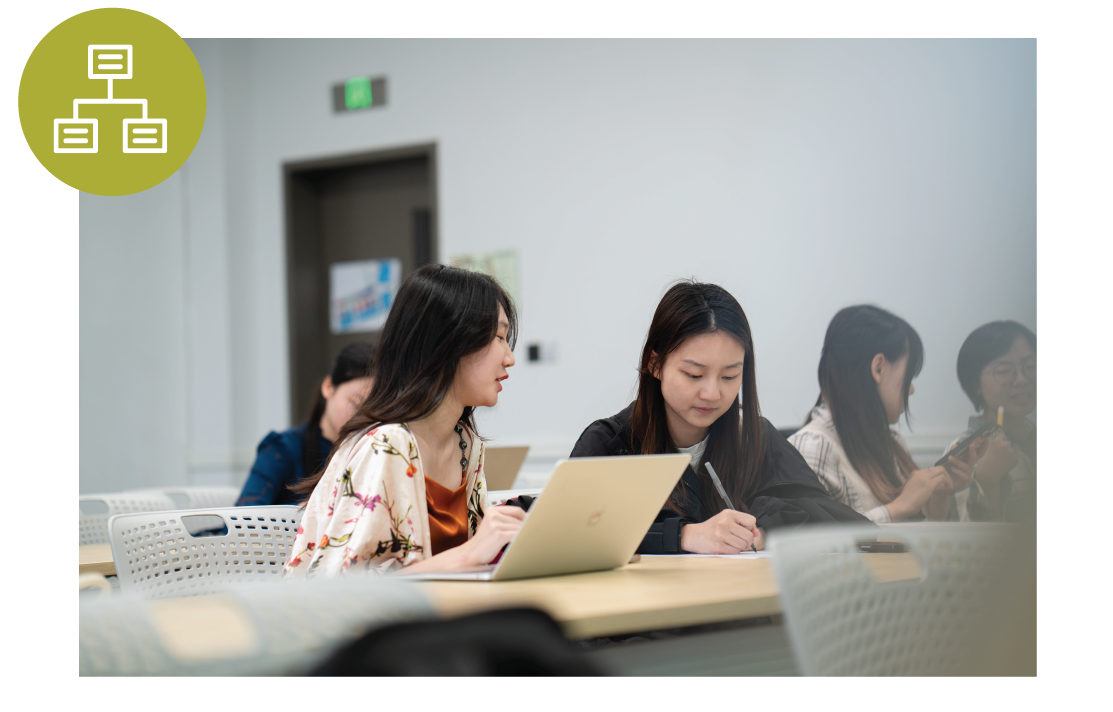
Harness Modern Technology to Analyze History
As a first-year student, Sarra Ghodbane, an Economics major at NYU Abu Dhabi, explored how cutting-edge digital technology can enhance historical inquiry. Sarra trained artificial intelligence models in Arabic character recognition to interpret and analyze translations of historic texts. Additionally, she mined archival materials like films, phone books, photographs, and texts to build time capsules of cities in North Africa. She recounts, “I loved expanding my skill set outside my academic sphere of economics. Contributing to laying the foundation for future scholars is truly fulfilling.”
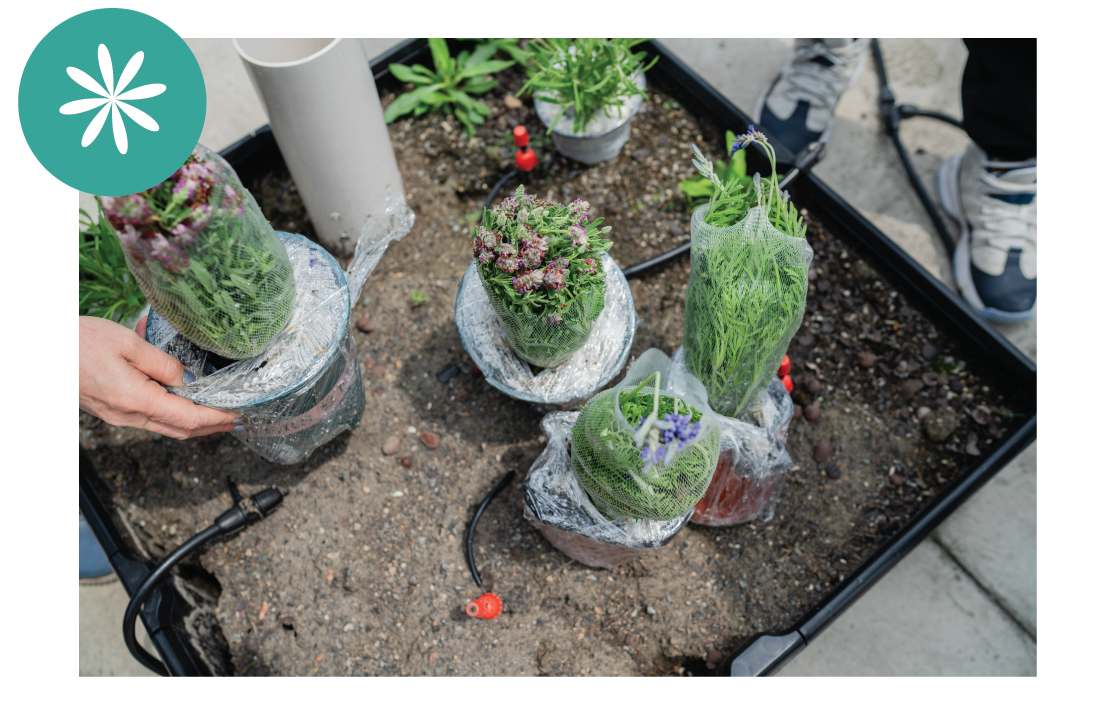
Advance Environmental Justice for a More Equitable Future
Brianna Bellamy is concentrating in Black, Indigenous, and Environmental studies at the NYU Gallatin School of Individualized Study. For NYU Gallatin’s Summer Student Research Conference, Brianna shared recommendations for how Utah can mitigate ecological issues that disproportionately impact smaller, BIPOC communities. Their inquiry combined environmental science, public policy, and state history through case studies of community gardens in Salt Lake City.
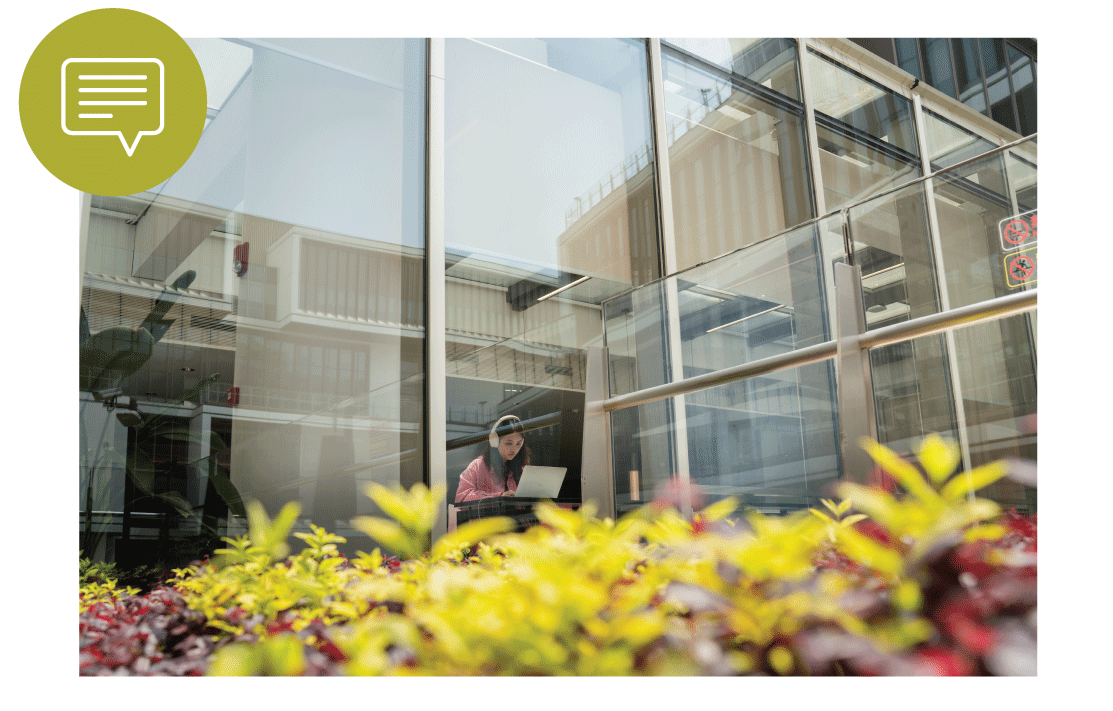
Interrogate Indian Colonialism Through First-Person Accounts
To study how new protocols transformed waste management and interpersonal relationships in her hometown of Jaipur, Maanyaa Jain, a Social Science and Humanities major at NYU Shanghai, interviewed people from communities across the city. “This project gave me a chance to learn about and articulate stories I grew up hearing but couldn’t find in written records anywhere else,” they say. “My aim was to fill gaps in both my knowledge and the literary landscape around postcoloniality.”
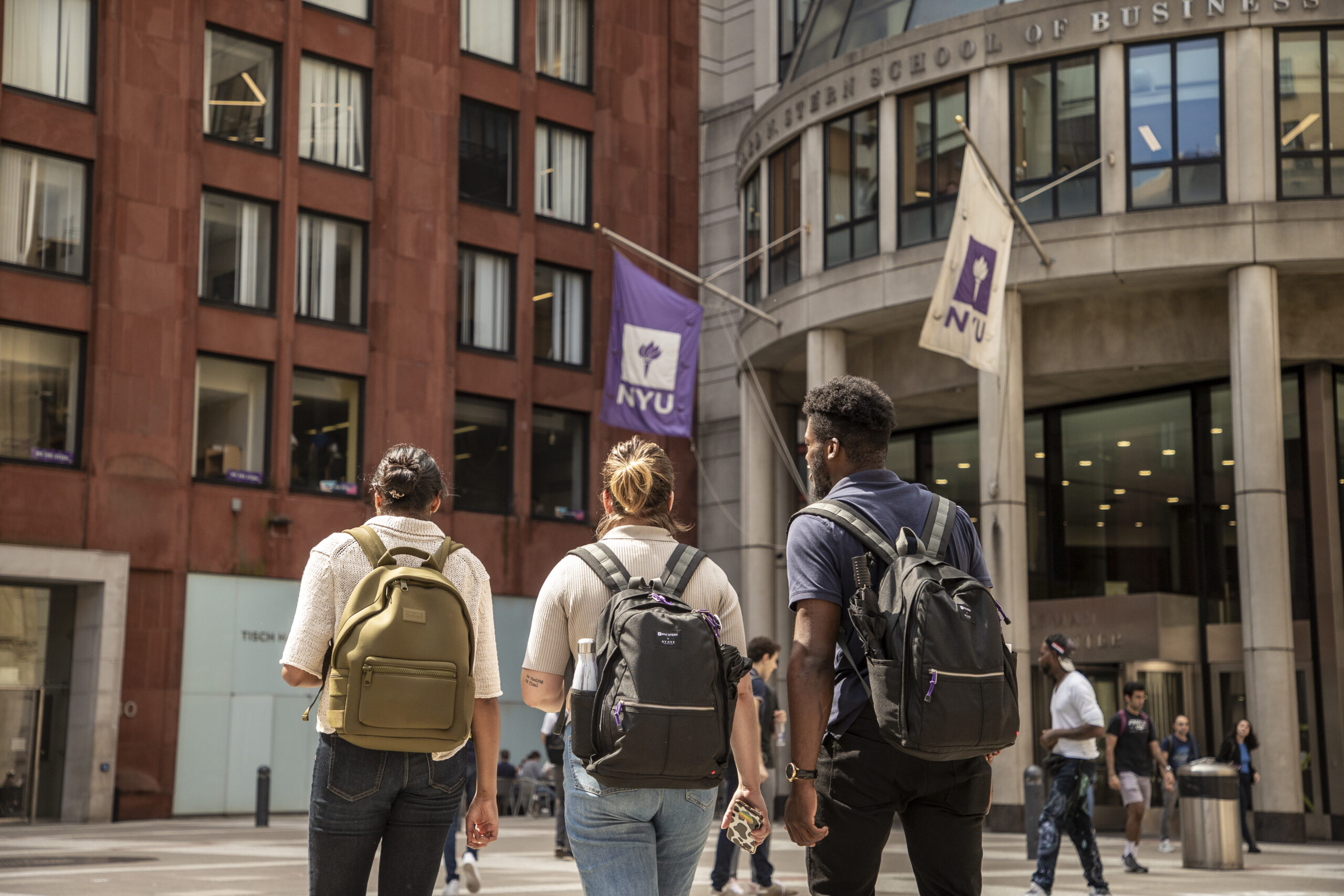
Additional Undergraduate Student Research Support at NYU
The Stern Program for Undergraduate Research
NYU Stern students engage one-on-one with Stern faculty to learn research methodologies used in the field. Their findings directly support their groundbreaking research.
Dean’s Undergraduate Research Fund
Receive a grant for independent research. These grants help with data gathering or resources to attend and present your results at an academic conference.
Fulbright Open Study/Research Awards
Design your own projects and work with advisers at international universities or other institutes of higher education.
Global Equity Fellowship
Create an original research project focusing on diversity and inclusion within the local context of your NYU study abroad location.
Interested in learning more about NYU’s research network? Check out Part One and Part Three of this story for more NYU student research highlights.

